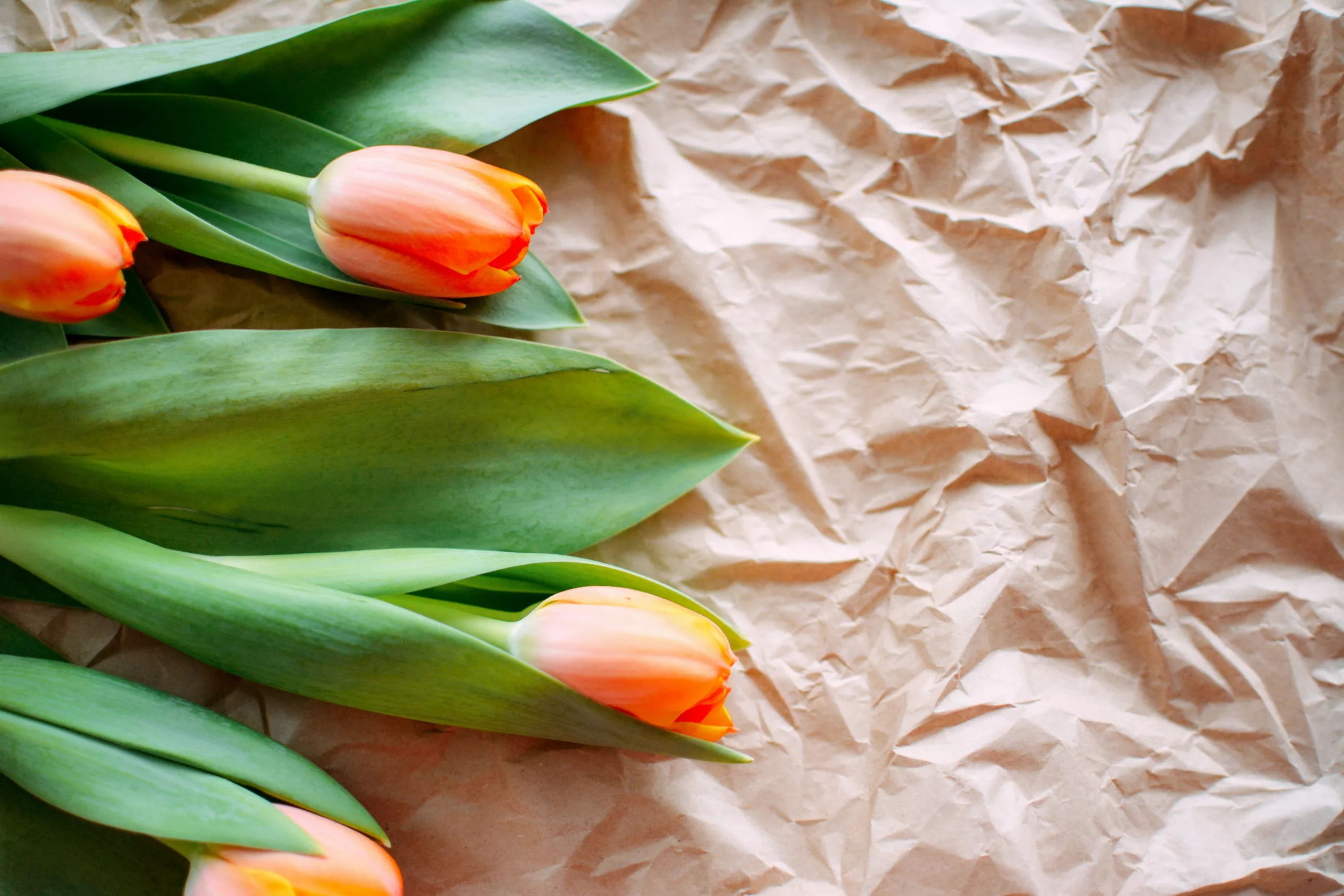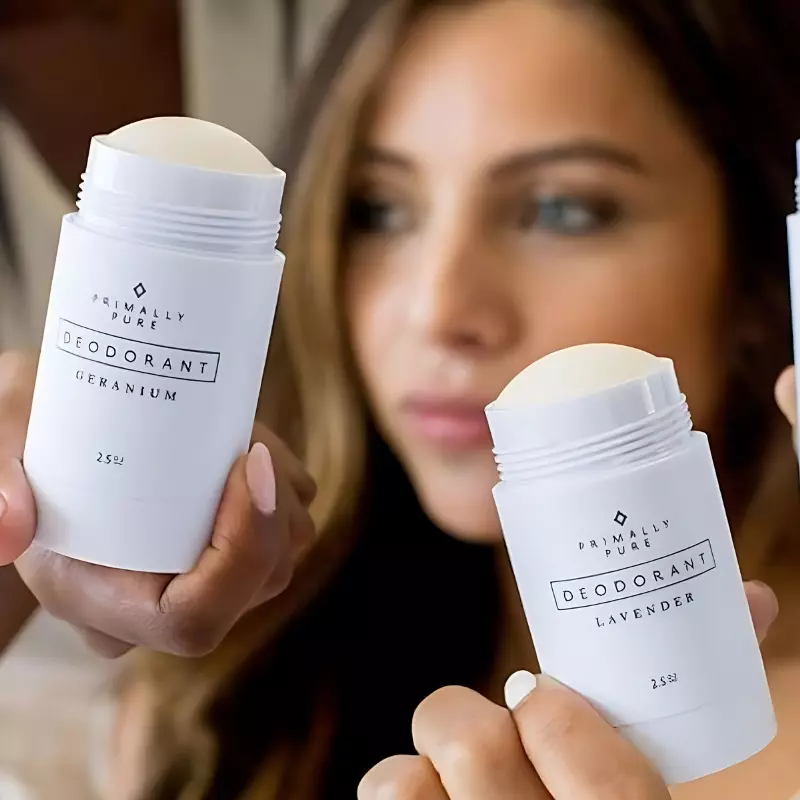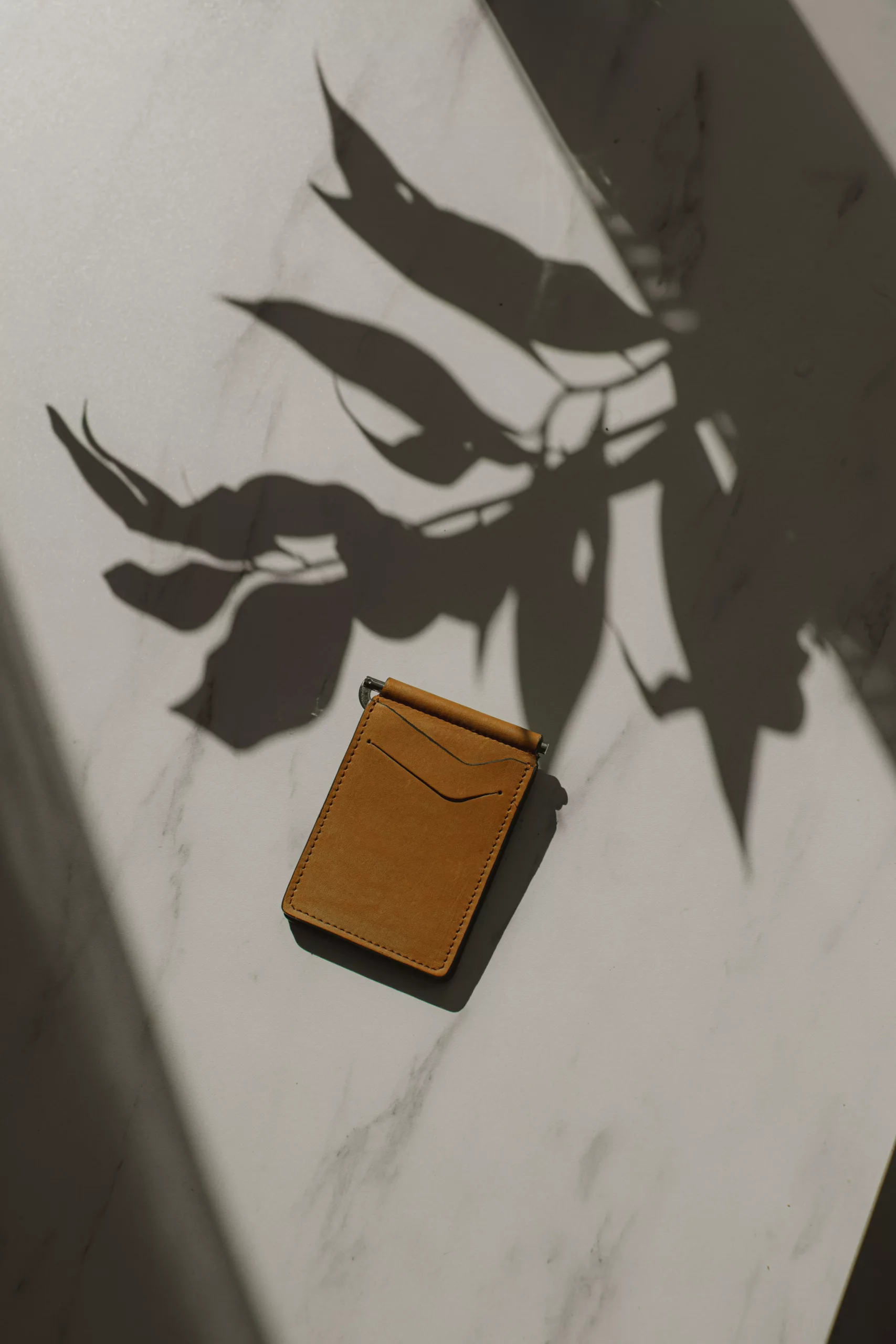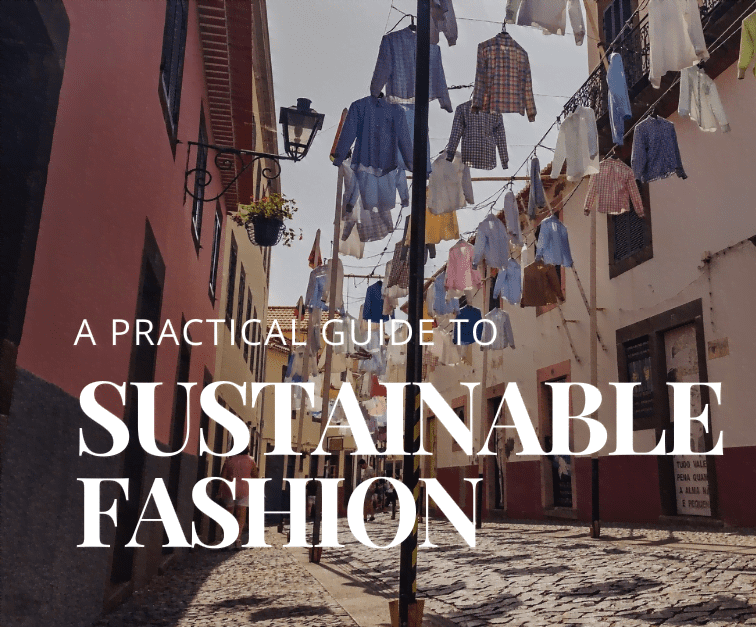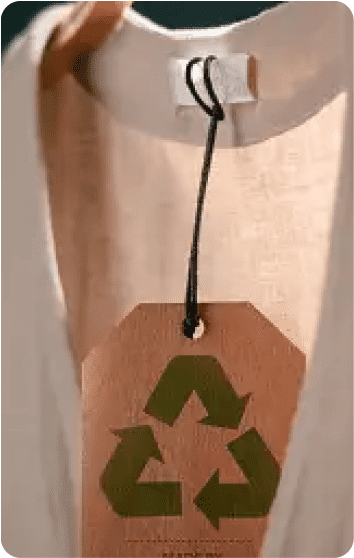In the journey towards sustainable living, understanding the impact of our kitchen choices is paramount. Parchment paper, a common kitchen staple, is under scrutiny: Is parchment paper compostable? What are the eco-friendly alternatives? This guide dives deep into these questions, providing clear answers and sustainable solutions.
As we navigate through the nuances of parchment paper, its types, and its place in a zero-waste kitchen, you’ll discover how to align your baking practices with green living principles. By the end of this article, you’ll be equipped with knowledge and practical tips to make your kitchen more sustainable, ensuring that your culinary adventures contribute positively to our planet.
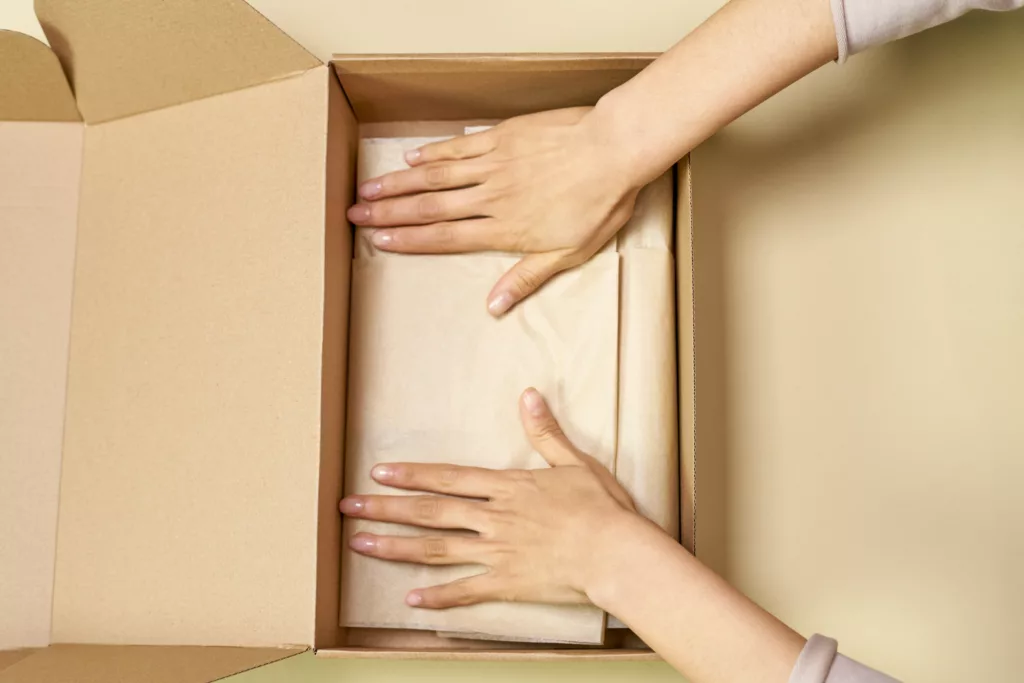
What is Parchment Paper?
Parchment paper, also known as baking paper, is a chef’s ally in creating non-stick, perfectly baked goods. But what exactly is it? It’s a heat-resistant paper treated to resist moisture and grease, providing a non-stick surface for baking. There are two main types: bleached (white) and unbleached (brown). The bleached variety undergoes a chlorine treatment, giving it a white color, while the unbleached is natural brown. For those striving for a sustainable kitchen, understanding these types is crucial. The unbleached parchment paper is more eco-friendly, aligning better with sustainable living practices. By choosing the right type of parchment paper, you’re taking a step towards greener baking and contributing to a zero-waste kitchen.
Unlock Your Savings with Exclusive Offer Coupons
Save big while shopping for sustainable products! Grab your exclusive coupons today!

Is Parchment Paper Compostable?
When it comes to composting, not all parchment paper is created equal. The compostability of parchment paper depends on its type and treatment. Unbleached and unwaxed parchment paper is the best choice for your compost bin. It breaks down more easily and doesn’t contain harmful chemicals that could leach into your compost. On the other hand, bleached parchment paper, especially those treated with chlorine, can release dioxins, harmful to both the environment and human health. These dioxins can persist in the environment, accumulating in the food chain and potentially causing serious health issues. Therefore, it’s crucial to choose unbleached, biodegradable parchment paper for both baking and composting.
However, even with the right type of parchment paper, patience is key. Parchment paper takes longer to break down compared to other kitchen scraps, usually around 30 to 90 days. But, with proper shredding and mixing, you can expedite the process, turning your kitchen waste into valuable compost. This practice not only contributes to your composting efforts but also aligns with zero-waste living, making the most out of your kitchen waste.

Factors Affecting the Compostability of Parchment Paper
The journey of parchment paper from the kitchen to the compost bin is influenced by various factors. The treatments and coatings applied to the paper play a crucial role in determining its compostability. Silicone-coated or waxed parchment paper are not compost-friendly as they resist breaking down, hindering the composting process. Choosing unbleached, unwaxed parchment paper ensures a product safe for both baking and composting, aligning with sustainable living practices.
The environmental impact of using parchment paper also depends on these treatments. Bleached parchment paper, especially those treated with chlorine, can have detrimental effects on the environment. The chlorine treatment releases dioxins, which can contaminate soil and water, posing risks to wildlife and humans. On the other hand, unbleached parchment paper has a lower environmental impact, making it a more sustainable option for those looking to reduce their kitchen’s carbon footprint.
Also Read: Can You Reuse Tea Bags? Sustainable Practices You’ll Love
How to Compost Parchment Paper Properly?
Composting parchment paper is a straightforward process, but it does require some preparation. Cutting or shredding the paper into smaller pieces can expedite decomposition, turning your kitchen waste into valuable compost in no time. This practice not only contributes to your composting efforts but also aligns with zero-waste living, making the most out of your kitchen waste.
To start, ensure that you’re using unbleached, unwaxed parchment paper. Once you’ve finished baking, simply remove any food residue from the paper. Next, cut or shred the parchment paper into small pieces. The smaller the pieces, the quicker they will break down in the compost bin. Add the shredded parchment paper to your compost bin, mixing it with other green and brown materials. Ensure that the compost bin has adequate moisture and aeration to facilitate decomposition.
With patience and proper composting practices, your parchment paper will break down, contributing to rich, nutrient-dense compost. This practice not only reduces kitchen waste but also aligns with sustainable living practices, promoting a healthier planet.

Alternatives to Parchment Paper
Embracing eco-friendly alternatives is a significant step towards a sustainable kitchen. Products like silicone baking mats or reusable baking sheets serve as excellent substitutes for parchment paper, offering the same non-stick benefits without waste. By choosing these sustainable options, you are contributing to a greener planet and promoting sustainable living.
Also Read: Discover the Best 9 Biodegradable Garbage Bags
Recommended Products
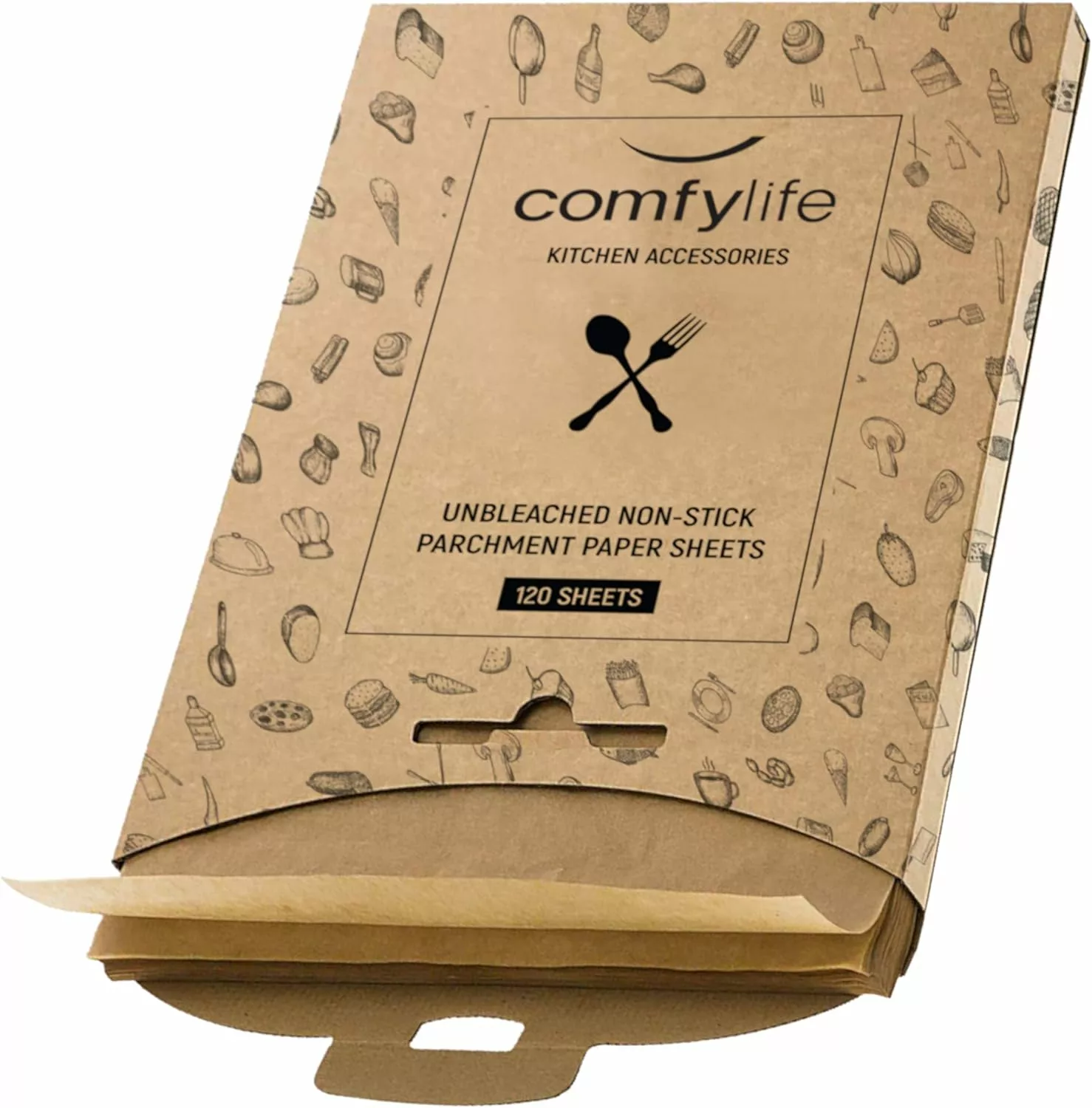
The ComfyLife Unbleached Pre-cut Parchment Paper Sheets stand out as an ideal choice for bakers who are mindful of their environmental impact. Crafted with care, these sheets are completely unbleached, ensuring that no harmful chlorine-based chemicals are used in their production. This not only makes them a safer option for your baking needs but also means they are fully compostable, aligning seamlessly with eco-friendly and sustainable kitchen practices.
The pre-cut design adds an extra layer of convenience, saving you time and effort in the kitchen, while also reducing waste since you use only what you need. By choosing ComfyLife’s parchment paper, you are making a conscious decision to support sustainable practices, without compromising on quality or convenience in your baking endeavors.
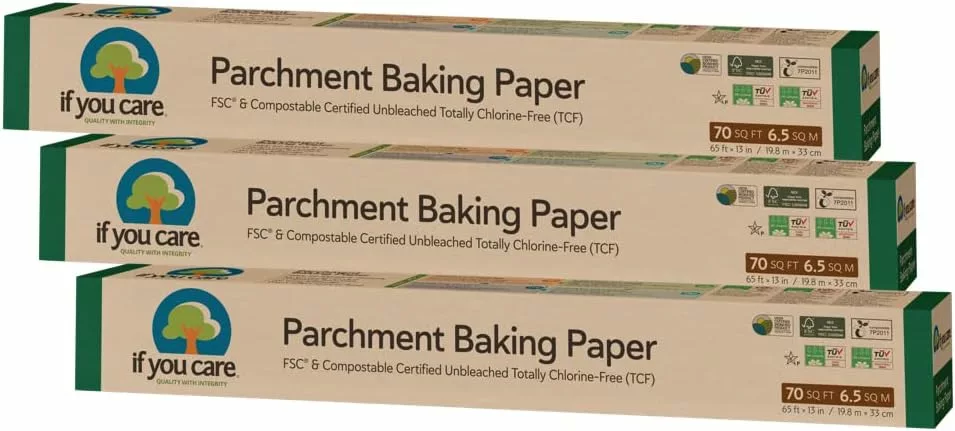
If You Care Parchment Baking Paper is an excellent choice for environmentally conscious bakers and cooks. This product comes in a 70-square foot roll and is made from FSC certified unbleached, chlorine-free paper. The parchment paper is coated with silicone, derived from a natural element, ensuring a non-stick surface without the use of any harmful substances.
It’s perfect for baking, roasting, and wrapping, providing versatility in the kitchen. Additionally, it is compostable in backyard composting facilities, aligning with sustainable living practices. By choosing If You Care Parchment Baking Paper, you are opting for a product that not only performs excellently but also contributes to a reduction in the environmental impact of your kitchen activities.
Conclusion
Understanding the compostability of parchment paper and choosing eco-friendly alternatives are crucial steps towards achieving a sustainable kitchen and promoting green living practices. This guide has provided you with the facts, alternatives, and tips needed to make informed decisions, ensuring that your baking practices contribute positively to the environment. Embrace sustainable living today and transform your kitchen into a haven of eco-friendly practices for a better tomorrow.
Ready to bake sustainably? Browse our curated selection of eco-friendly product alternatives and transform your kitchen practices today for a greener tomorrow!
Read Next:
Can Silicone Go in the Oven? The Ultimate Guide
How to Compost at Home: A Comprehensive Guide
Kitchen Composters: The Ultimate Guide to Reducing Waste
Want to read more like this?
Get similar stories and a free sustainability checklist delivered to your inbox.

Like our content?
Get similar stories and a free sustainability checklist delivered to your inbox.


